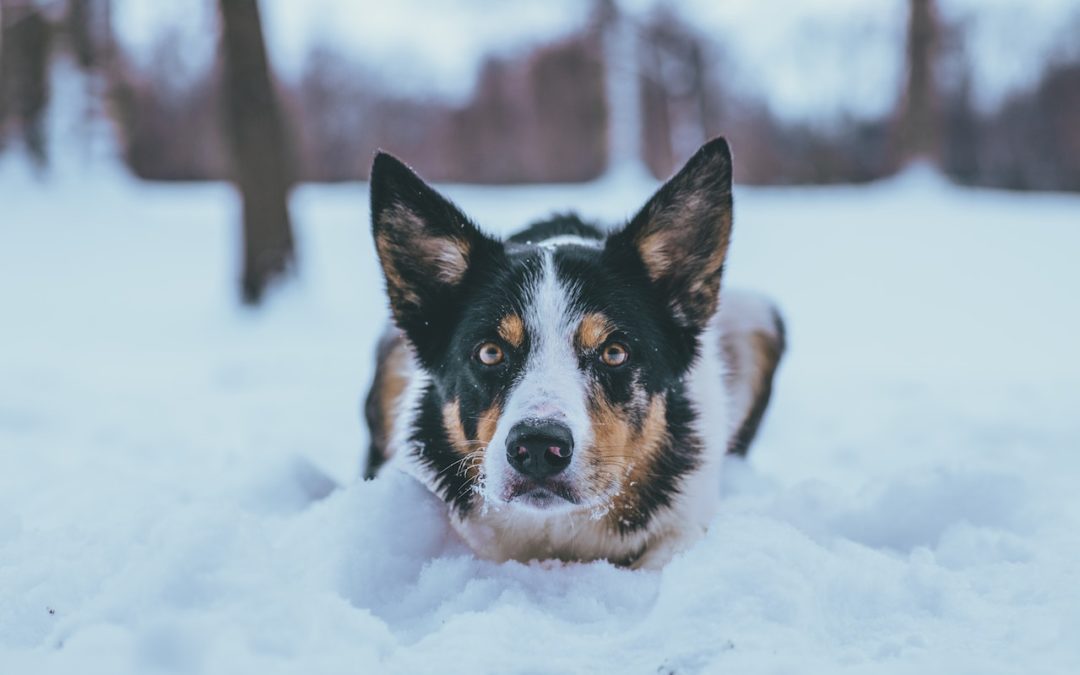Winter Safety: Is My Dog/Cat Too Cold?
Winter blankets the world in a serene white embrace, but potential risks for our furry companions lie beneath the beauty. As the temperatures drop, pet owners must ensure their beloved dogs and cats are safe and comfortable during the colder months. In this blog, we’ll explore signs indicating your pet is feeling the chill and how you can keep them warm, cozy, and thriving during the winter.
Understanding Cold Weather Concerns
Like humans, our pets can experience discomfort and health issues due to the cold. Certain breeds are more susceptible to the cold, especially those with shorter fur or health conditions. Understanding the signs of cold stress is essential to protecting your pet’s well-being.
Signs Your Pet May Be Too Cold
Watch for signs of shivering, a reluctance to go outside, curling into a tight ball, or seeking warm spots in your home. Cold stress can cause health problems, including hypothermia and frostbite, so it’s crucial to act promptly if you notice these signs.
Creating a Warm and Cozy Environment
Ensure your pet has a warm, draft-free space indoors. Provide cozy bedding and shelter from the cold. If they spend time outdoors, consider a heated bed or pad. Dressing your pet in a pet-friendly sweater or coat can offer extra warmth during walks.
Proper Nutrition for the Cold
Winter often calls for adjustments in your pet’s diet. Please consult your veterinarian to ensure they’re receiving the right balance of nutrients and calories to maintain a healthy weight, which helps them stay warm during the colder months.
Regular Exercise and Mental Stimulation
Even in winter, regular exercise is vital for your pet’s health. Engage them in indoor games, puzzle toys, or short walks in suitable weather. Physical activity helps them stay warm and provides mental stimulation during the winter.
In conclusion, your pet’s comfort and well-being in winter should be top priorities. Pay close attention to their behavior and body language to gauge their comfort level in the colder weather. If you have concerns about your pet’s well-being or behavior during the winter, don’t hesitate to contact us. They can provide tailored advice to ensure your pet remains healthy and warm throughout the season.

